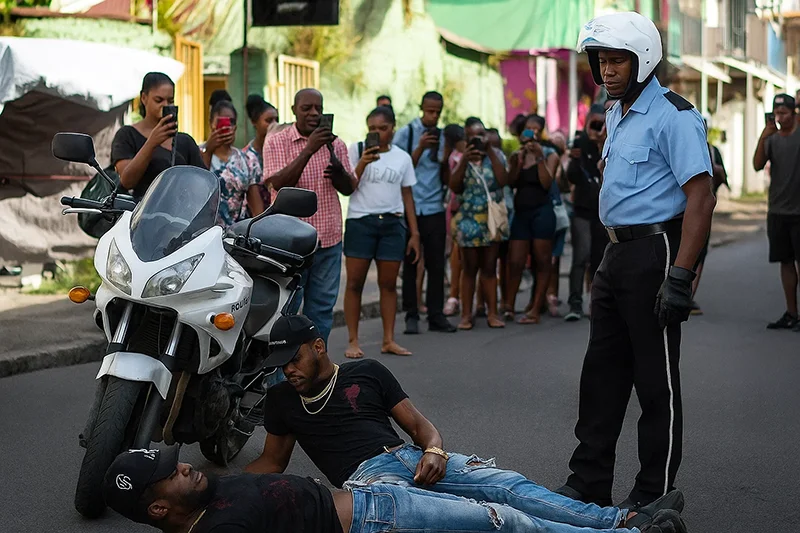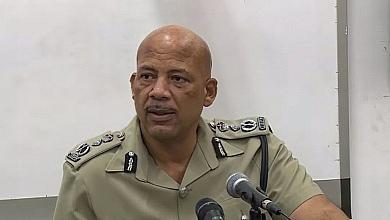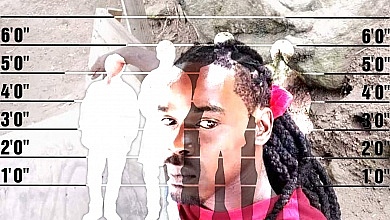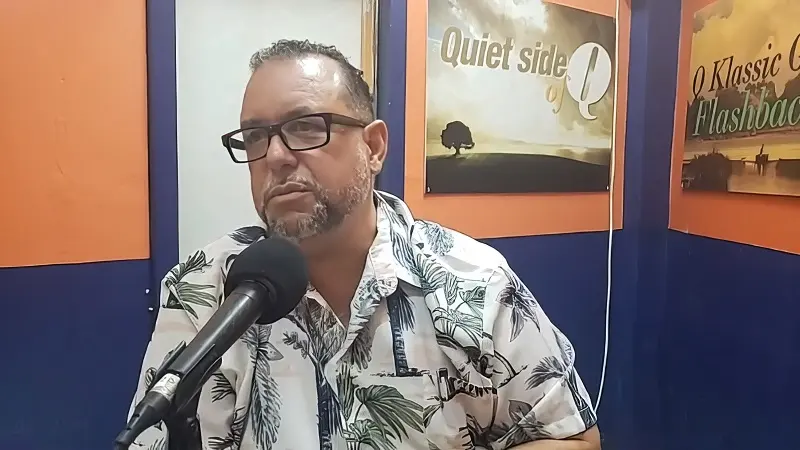Sirens Don’t Stop Crime, Intelligence Does

The rise in violent crime in Dominica has reignited long-standing concerns about the effectiveness of the island’s preventative policing and intelligence operations. Over the past year, and especially in recent months, what once felt like isolated incidents have hardened into a pattern: daylight shootings, gang-linked violence, and young men arming themselves without fear of consequence. For many, the response by Dominican authorities has been too little, too late.
At the centre of the criticism is the persistent belief that Dominica’s law enforcement and national security structures are reactive rather than proactive. The tendency has been to wait until a killing or a public outcry forces an intervention.
But in the interim, communities endure intimidation, silence, and in some cases, the quiet migration of residents who no longer feel safe in their own neighbourhoods.
Rayburn Blackmoore, the Minister for National Security, has repeatedly stated that the government is taking steps to strengthen police presence and community cooperation. He’s called on Dominicans not to harbour criminals, to cooperate with investigations, and to take collective ownership of the fight against crime. These are important messages, but they are not new. They’ve been repeated in press conferences for years. The deeper question is: what has changed? The concern is not only about police presence. It is about the absence of structured intelligence gathering. Where are the neighbourhood profiles? The gang-mapping? The early intervention systems in schools? It’s well known among citizens which areas are “hot” or volatile, yet that local knowledge seems to only enter police conversation after tragedy strikes.
Proactive surveillance, community intel officers, and trained crime analysts are all missing from Dominica’s approach, or if they do exist, they remain publicly invisible.
When senior citizens in places like Pottersville or Stock Farm speak of the 1980s and 1990s, they remember officers on the beat who knew the families in their zone. That memory has faded, replaced by a call-log and a post-crime investigation. And while government officials often point to resource constraints, the lack of coordination is as glaring as the budget gaps. Young men on scooters, masks halfway down, are seen patrolling long before the police arrive. That alone should say something.
In a small island society, intelligence is not about high-tech surveillance, it’s about trust, relationships, and consistent presence. Until those ingredients are restored and prioritized, calls for cooperation will continue to fall on ears already deafened by sirens.
This article is copyright © 2025 DOM767








